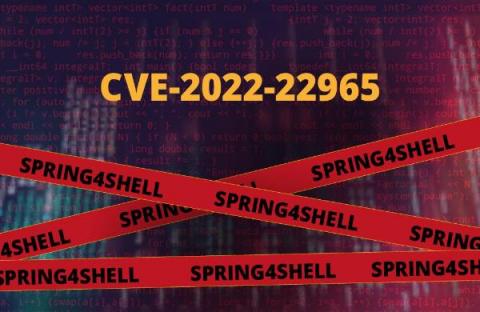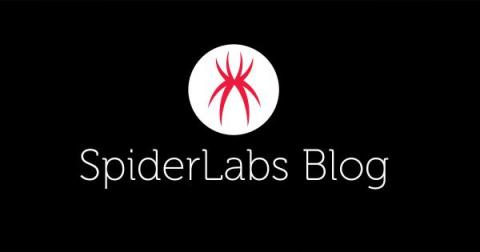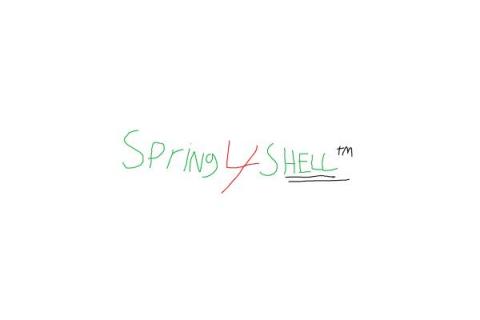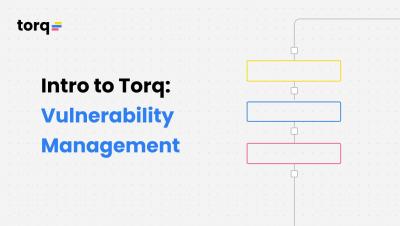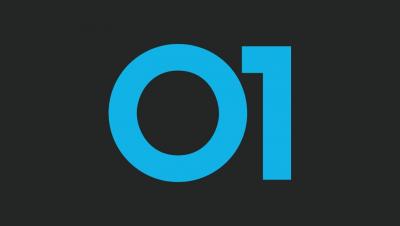Spring4Shell Zero-Day Vulnerability: Information and Remediation for CVE-2022-22965
Overview The internet is abuzz with the disclosure of CVE-2022-22965, an RCE vulnerability in Spring, one of the most popular open-source frameworks for Java applications in use today. Known as “Spring4Shell” or “SpringShell”, the zero-day vulnerability has triggered widespread concern about the possibility of a wave of malicious attacks targeting vulnerable applications. Is this Log4j 2.0?


